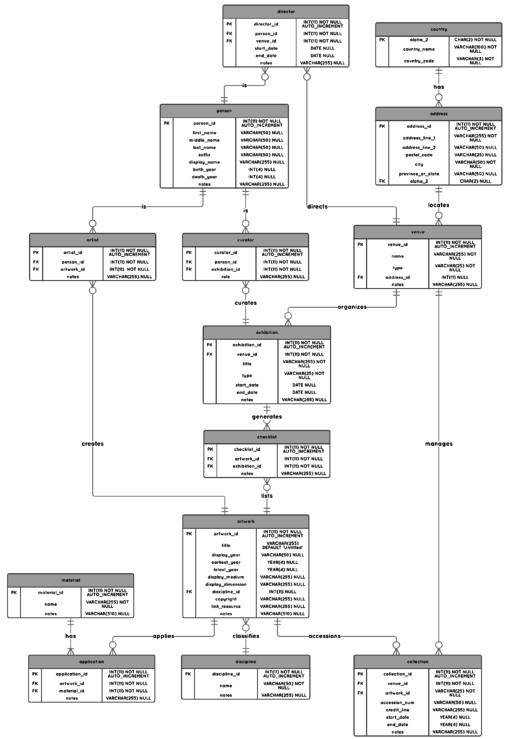Category: 2018Page 1 of 3
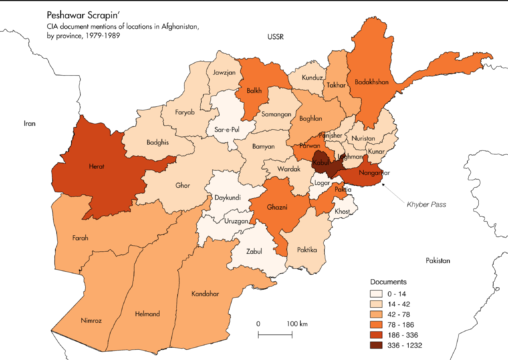
Peshawar Scrapin’ is an exercise in rapid subject tagging of poorly-described of textual material. Using automatic and human-curated methods, I scraped 7,000+ PDF documents on the Soviet-Afghan War from the CIA’s website, expanding the CIA’s deficient metadata with the names of relevant persons, factions, places, and concepts.
This paper will discuss governments as sources of evidence and how they can be used to conceal human rights abuses and perpetuate state-sponsored narratives of truth. Using the British Empire’s systematic imprisonment and abuse of the Mau Mau in Kenya as a case study, I will consider the ways in which colonial governments have favored certain types of records and organizational structures over others to avoid accountability, maintain idealized narratives of nation and empire, and suppress and erase histories of subjugated cultures.
Local news is dying and a new trend is emerging. Librarians are partnering with local journalists in various and unusual ways. It’s both a radical yet sensical way to try and rescue local news. The fact that libraries are trusted sources among local communities only strengthens the concept and the potential partnership. This paper will explore the different ways in which libraries and journalists are joining forces to tackle the local news crisis across the country
In this paper, I discuss the history of copyright’s development, highlighting the steady increase in control of copyright holders as well as explaining the limited protections extended to libraries and archives. I use several case studies to illustrate the role of risk management and its uneven success in the digitization of library and archival resources. Finally, I propose several alternative ways of addressing the challenge that copyright poses, including the suggestion that judicial lawmaking would be an effective way to clarify the applicability of the fair use doctrine.
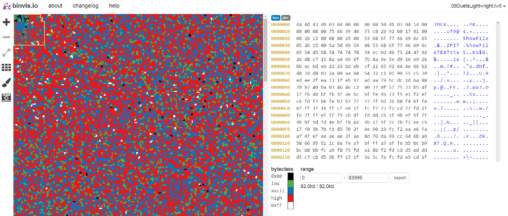
As the Pratt Digital Preservation & Archives Fellow at NYPL, I’ve been working with the Library’s Digital Archivist to address issues surrounding software preservation. This presentation will discuss such digital preservation tools as Wikidata, PRONOM, and Archivematica—and how they’ve been implemented toward the long-term preservation of a proprietary software and its associated file formats.
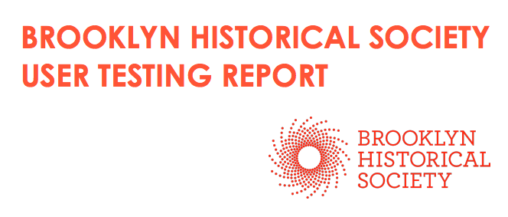
In this project, five students developed a user testing plan to identify potential usability problems found on the Brooklyn Historical Society’s website (brooklynhistory.org). Ten participants who were familiar with BHS and/or interested in the history of Brooklyn were recruited and completed a series of tasks and questionnaires. After all testing was complete, the results were reviewed and recommendations for potential usability problem areas were provided.
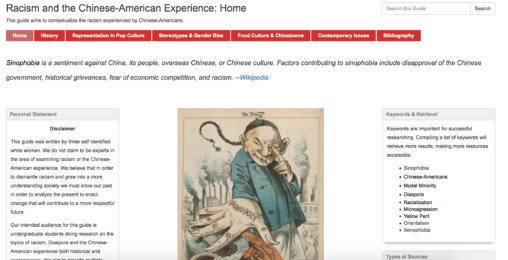
“Racism is a learned behavior, influenced by fear and sustained by ignorance. This Libguide was created to help students better contextualize how discriminatory policies and fear mongering produced widespread racism against Chinese-Americans. In order to dismantle racism, it is imperative to recognize it’s many forms both historical and contemporary.
The creators, three self-identified white women, do not claim to be experts on the Chinese-American experience and we recognize our privilege in the creation of this guide. We welcome any and all criticism and hope to create discussion around the power of librarians as content creators.”
These projects are examples of librarians working to support their communities in ways that respond directly to the community needs.
Mock grant proposal to support the improvement of the British Museum’s existing provenance linked data for its collection of 100,000+ Egyptian-made cultural artifacts. The expansion of the British Museum’s provenance linked data will allow the museum’s collection to be more fully represented in linked data visualizations, while making visualizations of the artifacts themselves more comprehensive, improving scholars’ capacity to research the histories of these artifacts and those of the cultures that produced them.
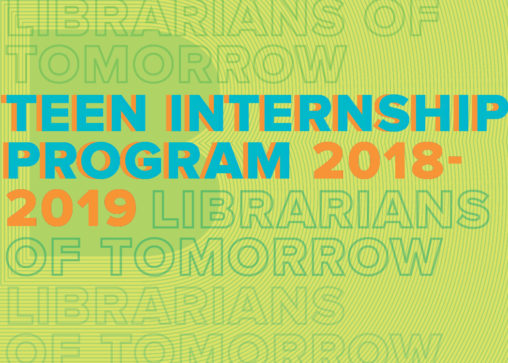
As part of an IMLS grant, Pratt is providing professional development for the Librarians of Tomorrow (LoT), high school interns at Brooklyn Public Library branches. LoT interns also receive professional development such as workshops on preparing for college, writing resumes, working with the public, using tech for school and work, etc. Workshop curricula were developed in LIS 673 in fall 2017 in collaboration with Professor Hochman. In Spring 2018, Pratt students facilitated workshops for Brooklyn Public Library’s LoT interns. This presentation will describe the process, and even include the voices of the teens themselves (ideally!).
“You Must Be Sick…” is an experiential project that explores the day-to-day work of commercial content moderators. Presented as an art book, this project asks the viewer to see the unseen; to viscerally understand the extent of the digital dirty work that goes into making the internet “safe for all.”
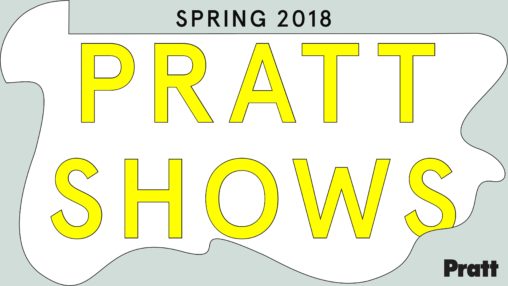
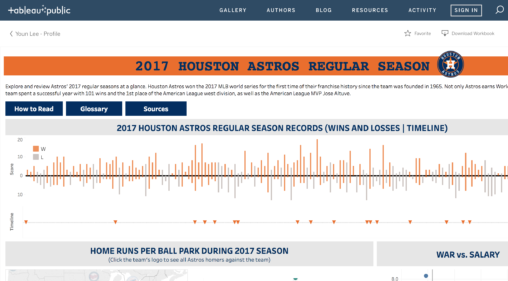
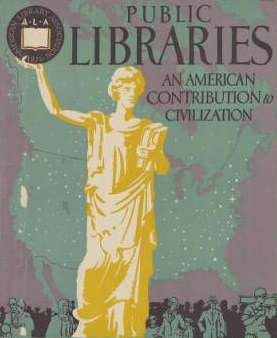
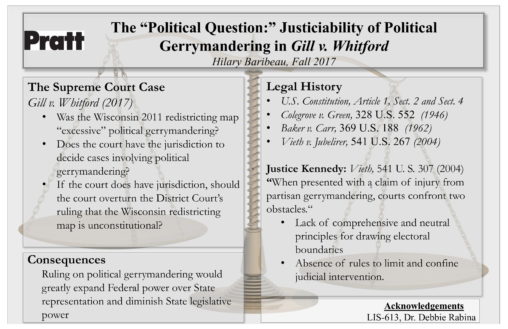
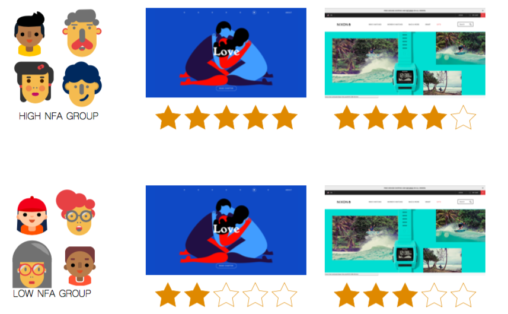

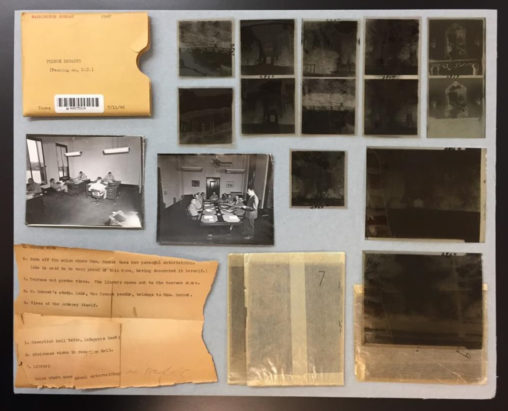
![from MARC to BIBFRAME [!] - oster for #infoshow2018 by Sarah Adams](https://studentwork.prattsi.org/infoshow/wp-content/uploads/sites/2/from-MARC-to-BIBFRAME--508x381.jpg)
